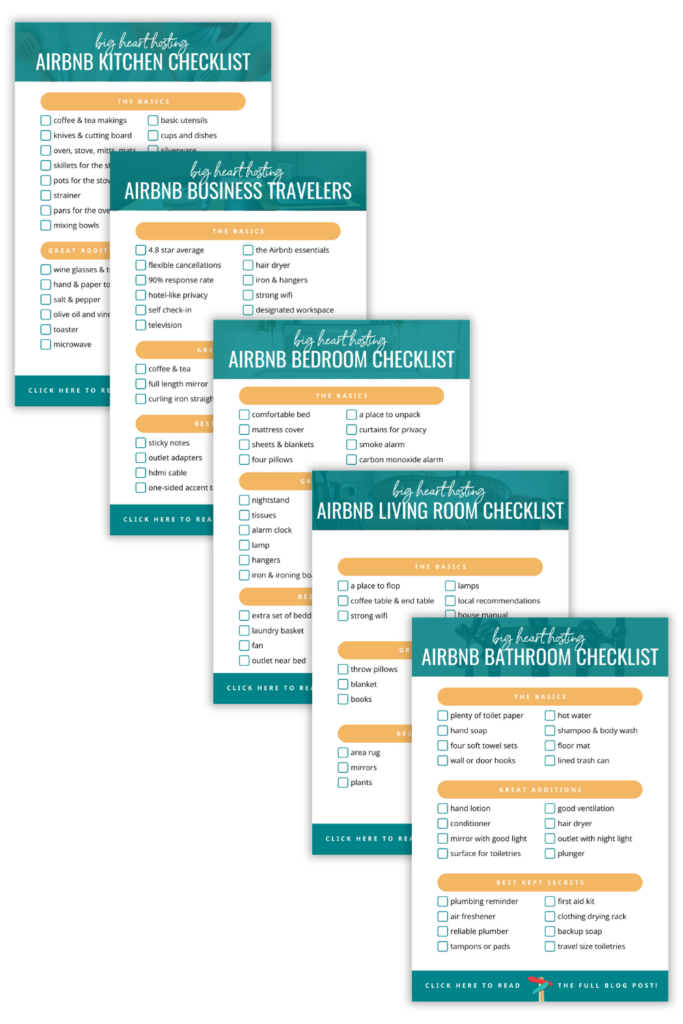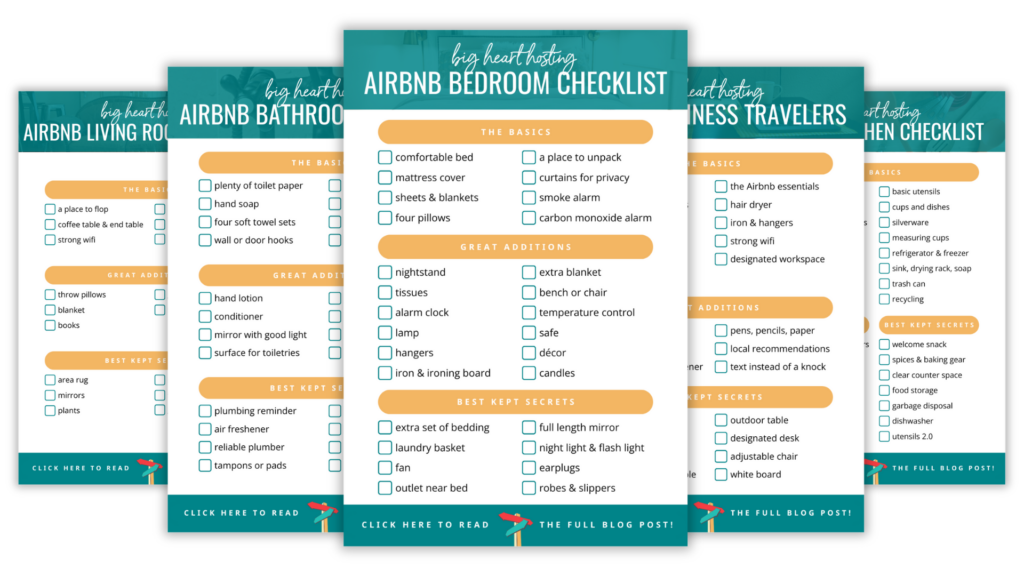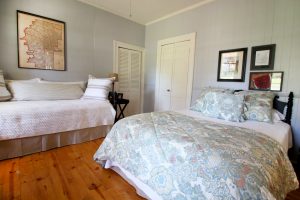
The Bed Is Dusty
The extra bedroom has a dusty bed. We’ve seen this. A lot. Like way more than you’d expect. Incredible Airbnbs that have a spotless master
This past weekend we reached a momentous milestone: one year of Airbnb living! To celebrate the occasion, we’ve gathered up all the questions we’ve received from readers considering a nomadic adventure and compiled our thoughts about full time travel here. We’re excited to expand this post, so if you have a different question, let us know here!
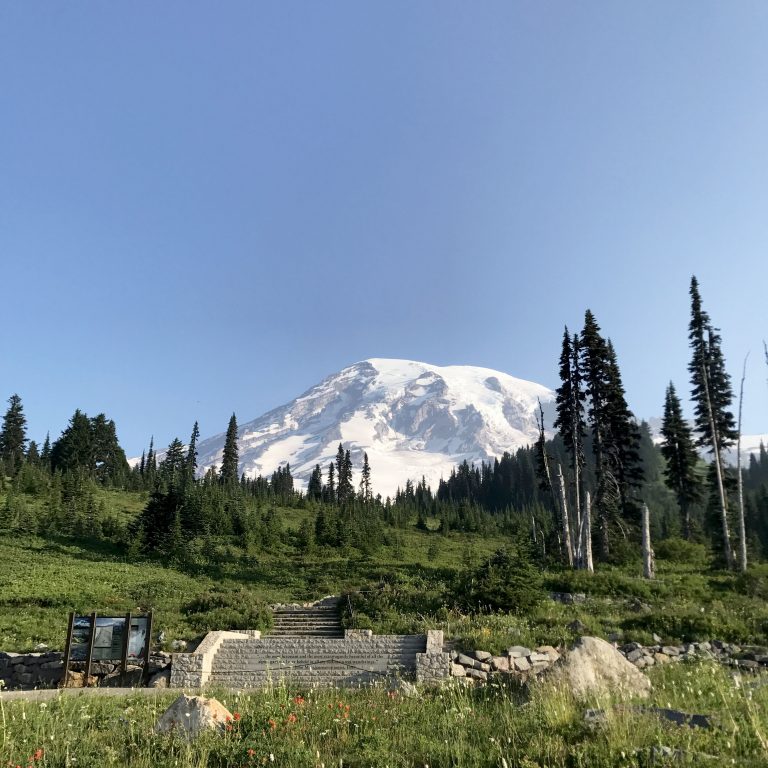
Our destinations depend on all sorts of things: family recommendations, general curiosity, intriguing work opportunities, the state of our budget, the time of year. We started our adventures in Saskatoon, Canada simply because when we (rather belatedly) punched our criteria into Airbnb, the algorithm told us it was either Saskatoon or Omaha. As Kansas City natives, Omaha sounded like a rather anticlimactic way to kick off our adventures, so we made the two-day trek up to Canada. We visited Goldendale, Washington because it looked like a good distance between Seattle and Boise on the map. We went to Albuquerque because my grandmother has fantastic stories from her time there. And we navigated a series of local buses to get to the Kentish countryside in England because someone had turned their old windmill into an Airbnb, and that just sounded awesome. (It was.) We tend to follow warmer weather in the winter and cooler weather in the summer. We stick mostly to the US and Canada because we travel with our dog Odin. And we are quietly ticking off the states we’ve been too, so eventually we’ll wind up in Alaska for the sake of finality. In general, our advice here is pretty simple. Pick out a place that you’ve always wanted to experience. With that initial destination in mind, sketch out a few additional legs to the journey and see where it takes you.
We tend to make our plans between six and twelve weeks out. The longer you want to stay in a single Airbnb, the further in advance you should make your reservations. Month-long stays should be booked two to three months in advance. Otherwise, your search will be littered with perfect listings that have just one weekend booked by someone else smack dab in the middle of your potential stay. Week-long stays are much easier to book a month or so out. Keep in mind that different locations fill up at different speeds, and that the time of year or local events can have a major impact on Airbnb availability. For example, summers at this beautiful cottage in Cape Cod fill up ridiculously far in advance. When it comes to making your travel plans, the best rule of thumb is this: start sooner rather than later. We have successfully made same-day reservations, but in general the longer you wait, the harder it gets. Those words of wisdom are rooted in an embarrassing amount of first-hand experience due to some overly optimistic, procrastinator-prone defaults in yours truly. (Side note: We’re rather rigid planners because our criteria is uncommonly strict: we’re looking for dog-friendly, remote-work-ready, entire place Airbnbs. The more flexible your criteria, the more your planning timeline will loosen up.)
We’re big fans of one month stays. When we first started traveling, we moved every week and we quickly discovered that that pace was just too darn fast. Every weekend was gobbled up by travel, we rarely had the opportunity to establish any significant connection to place or people, and after eight weeks of this unsustainable clip, we were ready to throw in the towel. When we transitioned to predominantly month-long stays, the whole tenor of our travels changed for the better. First, there are some incredible month-long discounts that kick in once you pass the 28 day marker. We’ve enjoyed discounts upwards of 40%, which brings places that would otherwise be completely unaffordable into our price range. Second, a month means that an Airbnb really starts to feel like home. By the time we leave, we’ve fully settled into the rhythm of the neighborhood, found our favorite coffee shops and bars, established our morning walking routine with Odin, sometimes even joined a local gym or yoga studio. Third, we’ve usually got that travel itch again by the time the month is up, which means we’re actually excited when travel day rolls around. And finally, and of equal importance, it’s just a month. There have absolutely been certain Airbnbs and locations we’ve wished weren’t month-long commitments. But when it gets right down to it, a month in a new place goes by pretty quickly. In our mind, the benefits of a month-long stay are well worth the potential downsides of navigating a disappointing Airbnb.
We drive! In a tiny, two-door hatchback no less, traveling coast to coast and back again. There are a couple of benefits to traveling with a tiny car. One, it’s limited size restricts overpacking. With Odin in the backseat, we have to fit our belongings in just the little storage area in the back. And two, it’s easier to parallel park in crowded cities. (Although to be completely honest, Jay has a much better handle on that skill than I do, regardless of the size of the car. Parallel parking isn’t exactly a skill I refined as a Kansas driver.) And while this car is reliable, it’s over a decade old. We’d be hard pressed to recommend taking a more valuable car on extensive road trips. The wear and tear can be considerable. More broadly speaking, we’ve loved the perspective that driving from location to location has given us. There’s a reason road trips have such a solid footing in Americana cliques: the landscapes across this country are as varied as they are impressive. In the same way that exploring a city by foot provides a more intimate perspective than exploring by car, driving has made our destinations feel more known than arriving by plane would have allowed. They’re contextualized by their surroundings. If your own American travels involve driving, keep an eye out for Scenic Byways. This tip from Jay’s grandfather has paid off time and time again.

This question deserves its very own post. We’ll work on that! But the headline is abundantly clear: you need significantly less than you think you do. Picture everything you’d consider packing. Now cut that in half. If you’re notoriously prone to overpacking already (like I am), cut it down to just third. You’re now approaching the items you actually need. Everytime we step back and examine exactly what we’re hauling in and out of Airbnbs, there are inevitably items we haven’t used. We’re continuously whittling away at the superfluous stuff in attempts to carry only what we routinely use. After a year of travel, there is exactly one item we regretted not packing: a good chef’s knife. Airbnb kitchens, it turns out, are home to many a dull knife. Beyond that, we are grateful for every item we left behind. The best packing advice I’ve heard comes from Jay’s intense backpacking days: you should be able to carry everything you’ve brought at the same time. For our purposes, that means a small backpack with the items we need for work and a small duffle for our personal shoes, clothes, and toiletries. This then leaves hands clear for Odin and his gear.
This is another topic that could easily take up a full post! Here’s the short version for now. When we started traveling, our goal was to maintain a similar budget to the one we’d had while living in St. Louis. Many of our categories shifted in order to accommodate a much higher “daily rent” of $50-65 bucks. (Don’t forget to include fees and taxes into your daily rent calculations! If you set the price filter in Airbnb to your maximum nightly budget, you will always go over that once those final fees are tacked on.) To our rent budget, we added the money we used to set aside for all utilities, home goods, and home improvements, which were now irrelevant categories. We also made significant cuts to the clothing and car budgets. We don’t buy new clothes unless an essential item needs to be replaced, and by eliminating commutes in separate directions, we use only one car on a regular basis. Other categories have stayed the same: groceries, eating out, savings goals, etc. (If anything, an endless stream of new restaurants to try has made it much harder to keep the eating out budget under control!) Perhaps the most important thing to know if you’re considering full time Airbnb travel is that you can sketch out a reasonably accurate budget ahead of time. An hour on Airbnb’s website, and you can assemble a decent understanding of what the average nightly rate + fees would cost for the Airbnbs that are a good fit for you. Everyone’s Airbnb budget will look different. You might be looking for a shared or private room for yourself. You might be looking for a place big enough for three kids. You might be traveling internationally. You might be looking domestically. Our advice here is to research Airbnb rates upfront, get lean in other budget categories, and sketch out how your current budget would translate in the context of full time travel.
We use Jay’s mom’s address as our legal address. We’re extremely lucky to have family members who enthusiastically support the rather odd lifestyle we currently lead, and are both able and willing to help us navigate the logistical chasms that result from not having a fixed address. When we were first considering continuous travel, we also researched how full time RVers handle this problem. It turns out that certain states, such as South Dakota and Florida among others, are particularly accommodating to low-residency folks. If you will be in need of an address, just google full time rv living address and follow the state residency rabbit hole.
Our mailing address is different from our legal address. We use Traveling Mailbox, one of the many digital mailbox options. This service provides a PO box (ours happens to be in Seattle) and when our mail arrives, the outside of the envelope is scanned and uploaded to our online account. We then review each piece of mail and indicate what the next action should be: shred it, open it and scan the contents, or send it our way. When several important pieces of mail have accumulated, we provide Traveling Mailbox with an address near our current location. They put all our flagged mail into a big envelope and send it our way. Identifying a nearby address can be the tricky part. We have used the Post Office’s General Delivery service, UPS’ Hold For Pickup service, and FedEx’s Hold at Location service. Sometimes these services work seamlessly. But we’ve also run into a few glitches. Our advice is to call up the location you’d like to use, and ask an employee how the process works. Every once in a while we’ve been somewhere so sparsely populated, that the advertised hold-for-pickup service has never actually been used. A quick phone call ahead of time will usually prevent the frustrating process of chasing down a package floating in the mail delivery ether.
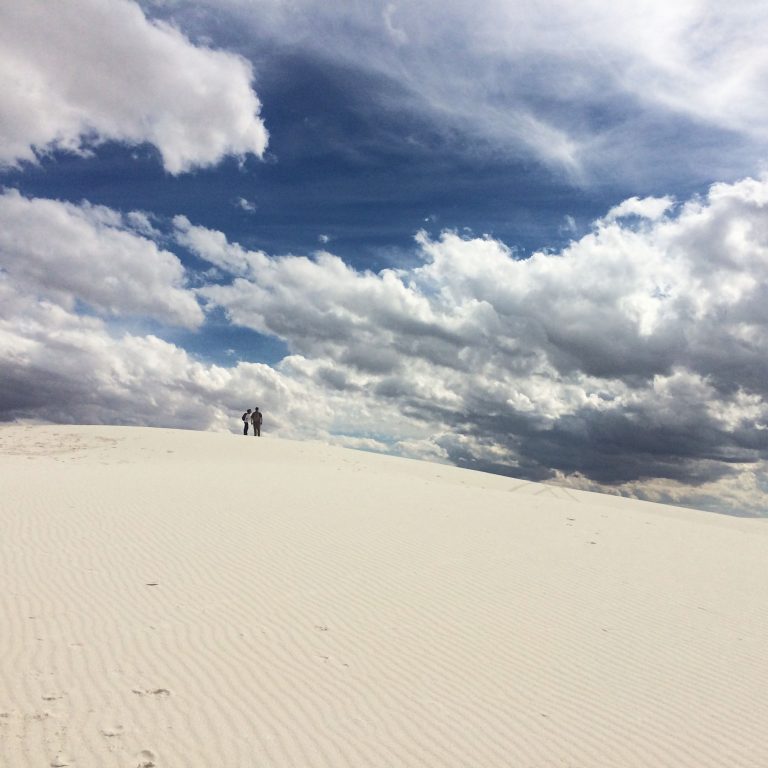
As you might guess, there are pros and cons. The pros all cluster around flexibility and freedom. No home means no cleaning, no mowing, no repairs, no clutter, no lease nor mortgage. The absence of these things clears up mental space and enables us to move around wherever we’d like. In turn, much of that mental space is then reclaimed by perpetually deciding where to go and how to best live in spaces we didn’t design. When we downsized and stored our remaining stuff, we disassembled a home we’d optimized to support our comfort, activities, and routines. On the road, the degree to which we miss having a home tends to be a function of how enjoyable we find living in our adopted space. When we’re powering through a month-long stay at a difficult Airbnb, we reminisce about the functionality and comfort of having a homebase where we can recharge. When we walk into a stunning Airbnb that easily molds to our daily routine, the thought of home feels far away. Of course, ease of living is subjective. The trick is to hone your ability to identify (and book) the kinds of Airbnbs you most enjoy.
A few things come to mind. First, as we mentioned above, we started off moving around every week. It quickly became clear that this was an untenable pace for two folks like us who are working full time. We then happily transitioned to mostly month-long stays. Second, after fighting consecutive battles with exceedingly weak wifi, we started to reach out to hosts and ask about their internet speeds before we made reservations. If there’s an amenity or accommodation that could make or break your trip, don’t hesitate to contact hosts directly. We’ve found folks are more than willing to answer your questions honestly. (Remember hosts want happy guests too!) And third, we’ve gotten more intentional and creative about incorporating activities we enjoy into our nomadic lifestyle. Jay has designed a system for playing video games with his friends. I started seeking out local yoga studios to stay engaged with classes. And we finally started traveling with our chef’s knife to make cooking more enjoyable. Question any knee-jerk reaction that says well, I can’t do that on the road, and brainstorm creative ways to incorporate the activities you most enjoy.
This is a common question, so we will be thorough here! When we distill down our frustrations over the last year, they fall into one of three categories.
The best part of full time travel has been its impact on how we think. We’re talking tectonic shifts in how we conceptualize our country, our family, our priorities, our capacities, our belongings, and perhaps most importantly, the strength of our own agency. The world around us has never felt more abundant and how we interact with it has never felt more malleable. That sense of empowerment, whether channelled in the pursuit of a meaningful life or in simply chasing the mildest seasons, is undeniably worth any downside we could list above.
It won’t happen unless you make it happen. There isn’t a perfect moment for such a big transition waiting just around the corner. Be brave and do it! Once you’ve made the leap, you’ll look back and think: Huh. That wasn’t as scary as I thought it would be!
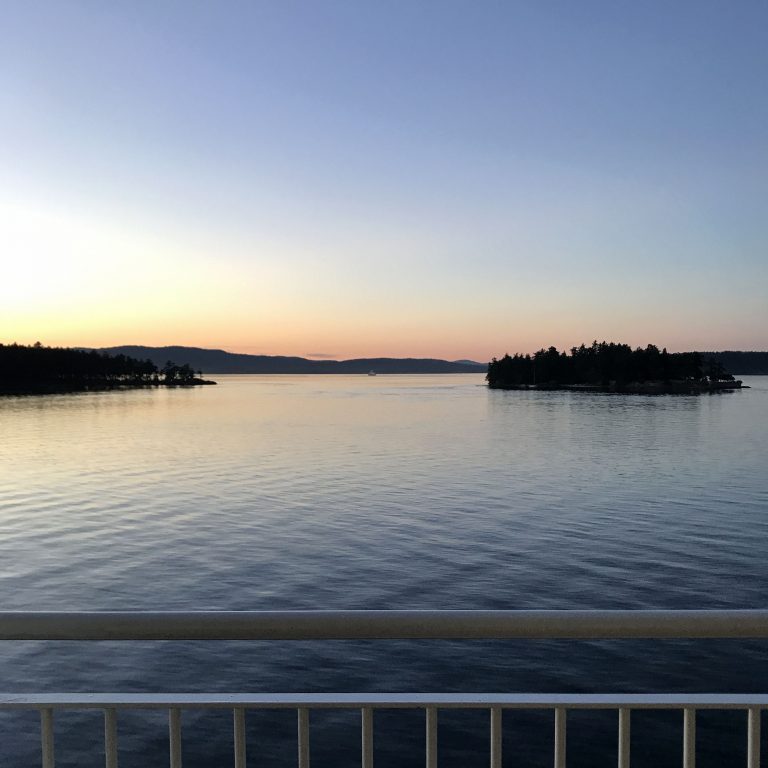
The number one question we hear from hosts is “What am I forgetting to put in my Airbnb?” This collection is the definitive answer to that question. In our signature product, we go room-by-room, step-by-step until your Airbnb is perfectly appointed and ready to impress. Bye-bye blindspots and hello happy guests!
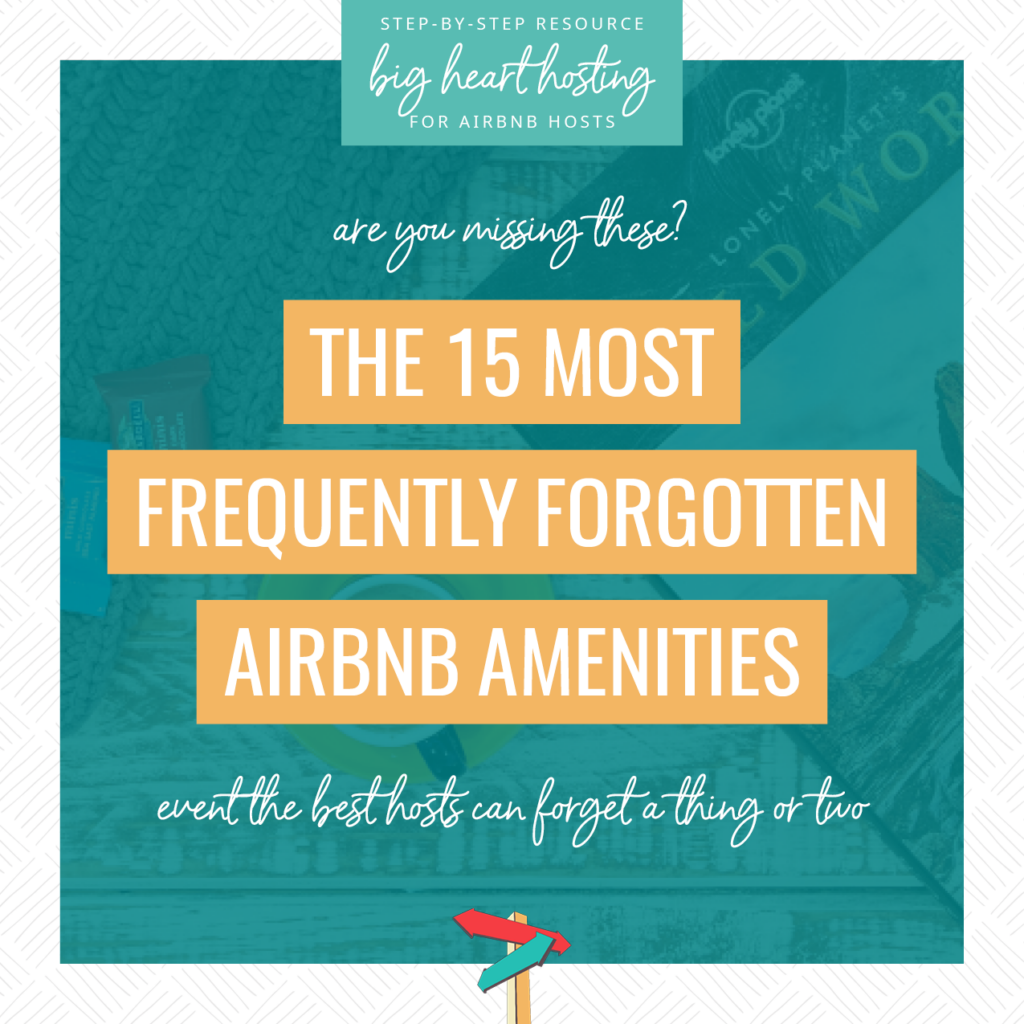
free checklist!
Luckily all 15 of these common mistakes are super easy to fix. Grab your copy of the checklist below and dive on in!
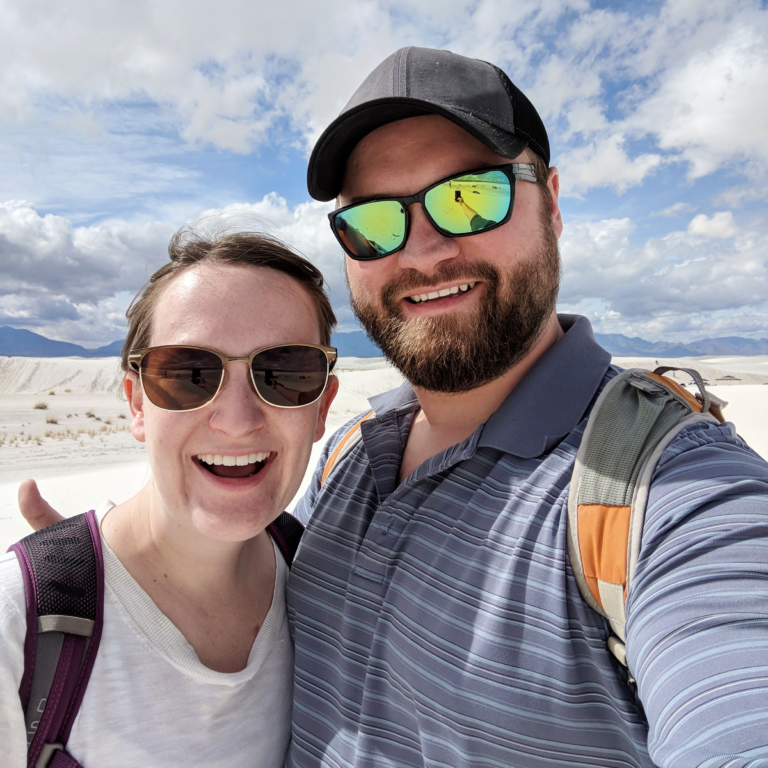
You’re an ambitious Airbnb host with a big heart. But on some days, hosting isn’t exactly what you had imagined. Maybe it’s overwhelming. Or isolating. Or just not making the kind of money you had envisioned. At Big Heart Hosting, we’re on a mission to help hosts like you thrive, not just get by. We create step-by-step resources that bring together the best hosting strategies from around the world. We’ll give you the knowledge and community you need to create the joyful, prosperous Airbnb you deserve.
categories

The extra bedroom has a dusty bed. We’ve seen this. A lot. Like way more than you’d expect. Incredible Airbnbs that have a spotless master

Nearly a year after trading our steady midwestern routine for this nomadic life, our travels circled back to the very city we left: St. Louis,
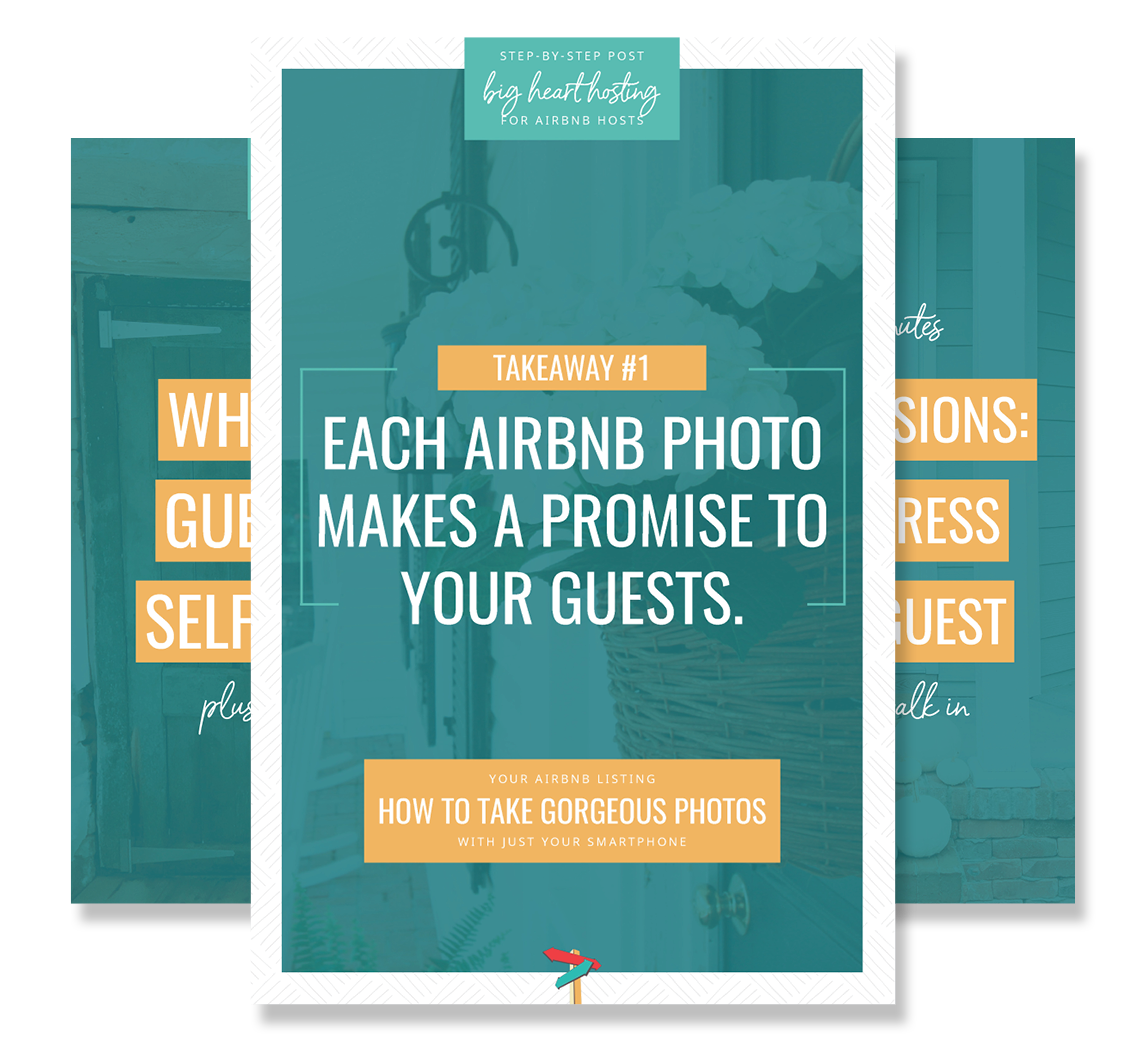
At Big Heart Hosting, we’re on a mission to help hosts like you thrive, not just get by. We create step-by-step resources that bring together the best hosting strategies from around the world. We’ll give you the knowledge and community you need to create the joyful, prosperous Airbnb you deserve.
Privacy & Cookies: This site uses cookies to improve your experience. By continuing to use this website, you agree to their use. See our Privacy Policy to find out more, including how to control cookies.
Hello! We’re honored to be a small part of your hosting adventure. We truly love connecting with hosts one-on-one. Send us a message here, and share what you’re creating. We can’t wait to celebrate with you!
Copyright © bnbNomad, LLC. All Rights Reserved
Download our most popular free hosting resource now!
THE AIRBNB BEGINNER CHECKLIST BUNDLE
Download our most popular free resource now!
